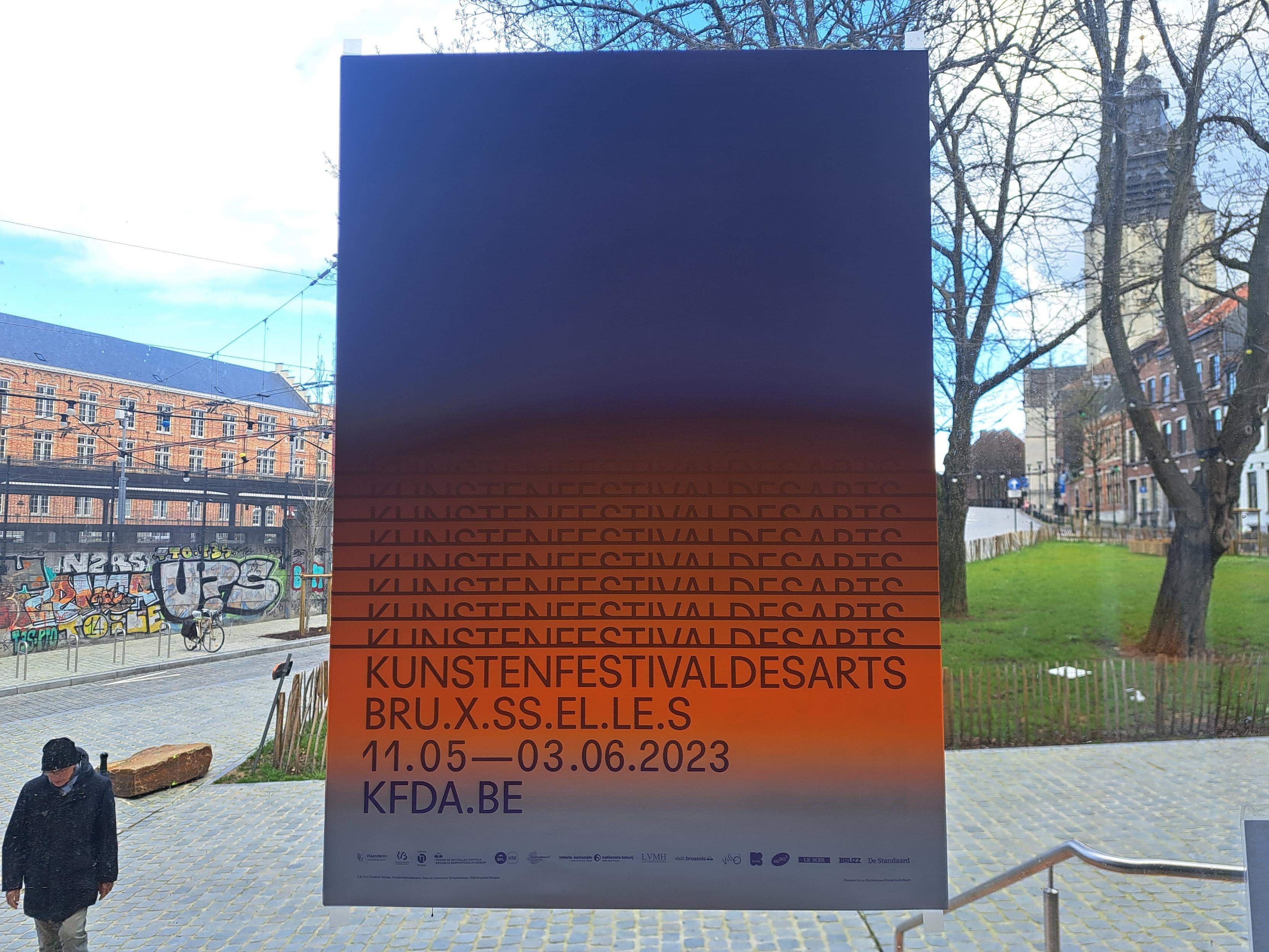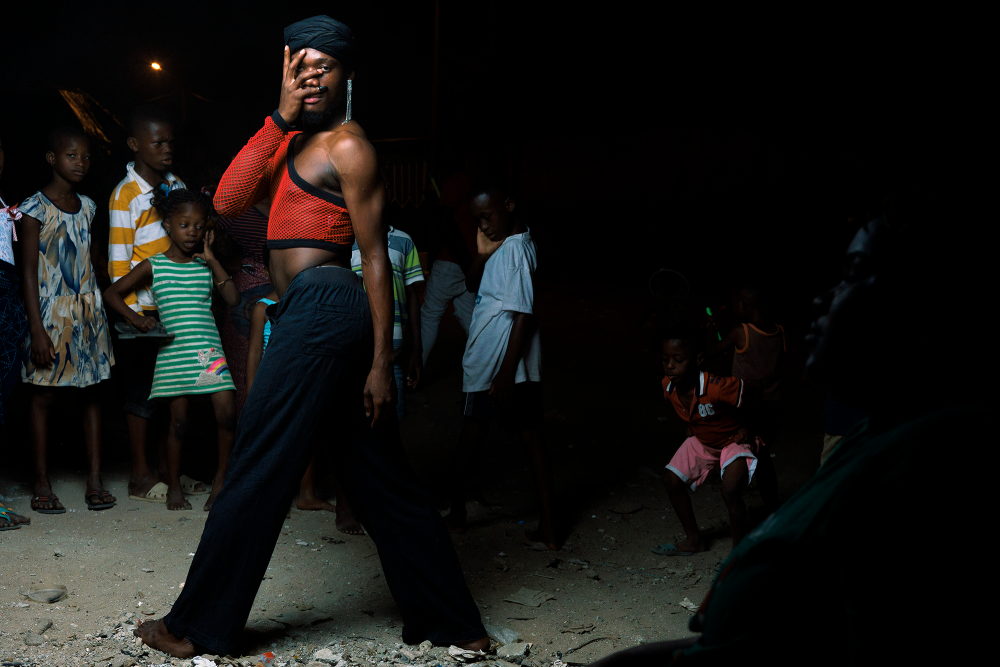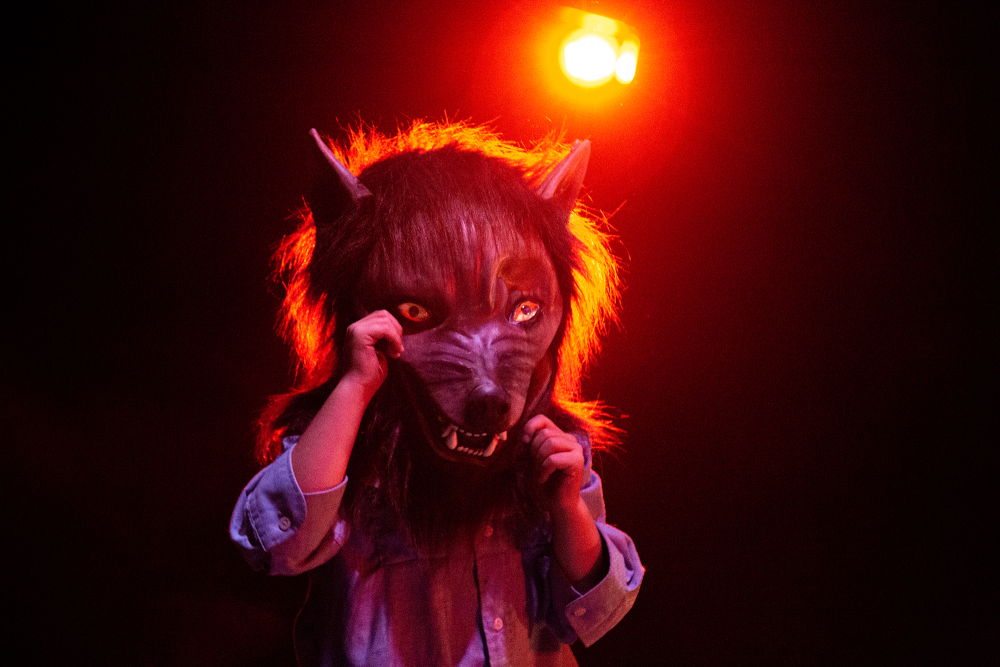KunstenFestivaldesArts in Brussels explores the theme of language

The KunstenFestivaldesArts begins in Brussels on Thursday. During the three-week arts festival, 30 projects from all over the world will meet and celebrate language through dance, discussion, art and installations.
Many works are by female artists from Ivory Coast, India, Germany, Japan, Greece, Iran, the US and elsewhere. Almost 30 countries are on the bill. With language the central focus of the festival, artists will get creative with how to express their stories and experiences around communication.
"The festival has been grounded in experimentation with different artistic languages and takes place in a city such as Brussels with a beautifully unstable relationship with language," co-directors Daniel Blanga Gubbay and Dries Douibi say in a press release.
"This edition can be seen as an adventurous journey into the abyss of language, exploring its ability to define or transform the present. Language can be transmitted to us as a mother tongue and sometimes become almost an identity."

Sarah Vanhee's premiere of Mémé will be performed in West Flemish dialect, Dutch and English. She and puppet-maker Toztli Abril de Dios have created a world that explores feminism and women's exploitation in labour using puppets, shadows and offstage voices.
For several years the festival has offered a programme called Free School, a space for presenting new models of learning and sharing knowledge. This year's edition centres on the language theme with a concept called The School of Integration/Lexicon.
Cuban artist Tania Bruguera has created a school where visitors and artists teach each other their languages; Ukrainian, Mandarin Chinese, Arabic, Lingala and more, including Polari, a language used in the past by gay men to escape persecution. A mix of Italian and later Yiddish, Polari originated in the 1700s and 1800s but was primarily used in the 1950s. Many words are still used today in the queer community.
Beyond the literal languages, Bruguera's goal is for people to connect, whether through mainstream languages or secret ones. "Language can be normative, but it can also act as connective tissue among people, creating a chosen family," a spokesperson for the festival says. "Family, like language, defines us."

Language also contributes to our sense of identity, as performance-maker Ahilan Ratnamohan explores is his piece, Une traduction infidèle. Born to Sri Lankan parents, he grew up in Australia and then moved to Belgium. He speaks eight languages but found that despite having lived in Belgium for seven years, he didn’t have a single friend from Wallonia. He realised that everything he knew about Walloons had been told to him from a Flemish perspective.
"By learning French and immersing himself in the Walloon culture," the programme notes read, "Ratnamohan is now wondering if he will be able to become Belgian, truly Belgian, essentially Belgian."
(MOH)
#FlandersNewsService | © BELGA PHOTO TIMON RAMBOER